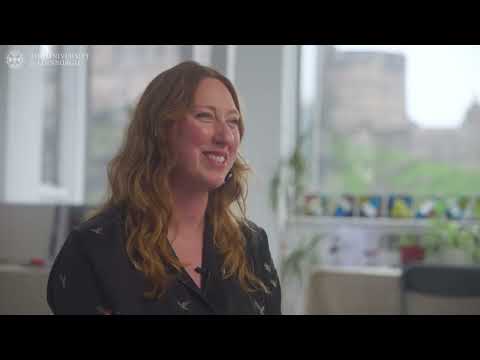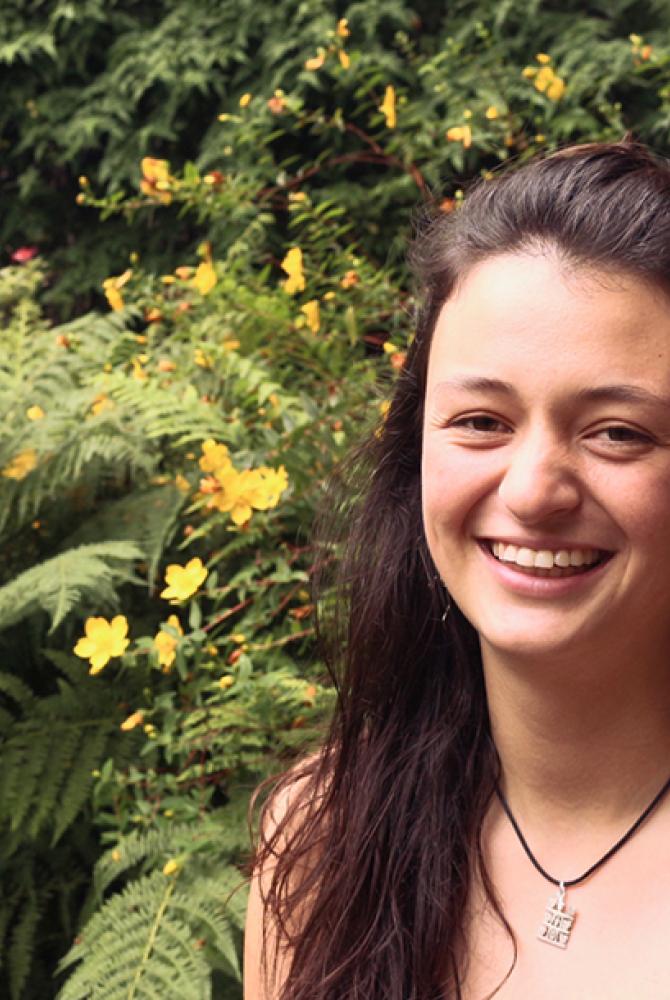Outline
Design for Change is an exciting interdisciplinary programme which seeks to holistically address complex global challenges such as ageing populations, disruptive technologies, economic instabilities and inequalities, conflict and displacement and environmental degradation and injustices through design-led interventions.
It aims to foster a new breed of designer for the 21st century. To do this, it offers a particular blend of eco-social design.
As a student of Design for Change, you will develop the skills to research, ideate, communicate and deliver propositions for change that are just and equitable, and socio-culturally, politically and environmentally aware.
You will be supported to develop tactical, critical, strategic and creative approaches that draw imaginatively on a variety of disciplinary fields, theories, philosophies and methods.
Together with other students and staff you will have the opportunity to be part of design efforts to face the urgent challenges of our shared contemporary world with humility and with hopefulness.
The programme embodies and promotes ways of designing that are slow and systemic. You will study emplaced, relational ways of designing for change that are also conscious of the importance of positionality, habit, ritual, practice and belief, and cultural and social difference.
You will be guided to consider the more-than-human in your design, and to explore alternatives to the status quo.
The programme seeks to broaden perspectives, cultivate humility, enable learning from and working with others, and privilege the experiential, the observational, and the monistic (rather than dualistic).
When studying Design for Change, you will be encouraged to be playful! We value the ability to play, to create and experiment, to try and fail and see this as a valuable and necessary part of learning. The programme cultivates a design(ing) that is non- or even anti-consumerist, activist, materially conscious and conscious of material conditions.
Design for Change actively seeks designerly approaches to challenges that are often global and yet also locally felt. We do so critically and hopefully; as a Design for Change student you will be supported to be imaginative, principled – honing and defining your (design) values – and to embrace the prefigurative.
Our programme is ideal for students who are looking to broaden their existing specialist approaches from a range of disciplines across the arts, humanities and social sciences. We welcome those who are keen to explore – with us – how design might bring about the changes you want to see in the world.
Students on the Design for Change programme come from all corners of the world, bringing unique perspectives and diverse backgrounds with them to enrich the studio. Over your year of study at ECA, together with staff, you will learn to work together and create a plural community of practice.
Beyond your year here, as alumni, you will become part of a much wider design movement for change. Therefore, while Design for Change is a programme, it is also becoming a way of seeing and engaging with the world.
It is a shared ethos – one that connects its community of practitioners in their common goal of using design as a critical tool for good. It is a community whose members encourage one another to question the role of design, and the implications of design interventions, while striving to create positive change for today and tomorrow.
To find out more about this course, visit our Degree Finder: Design for Change.










